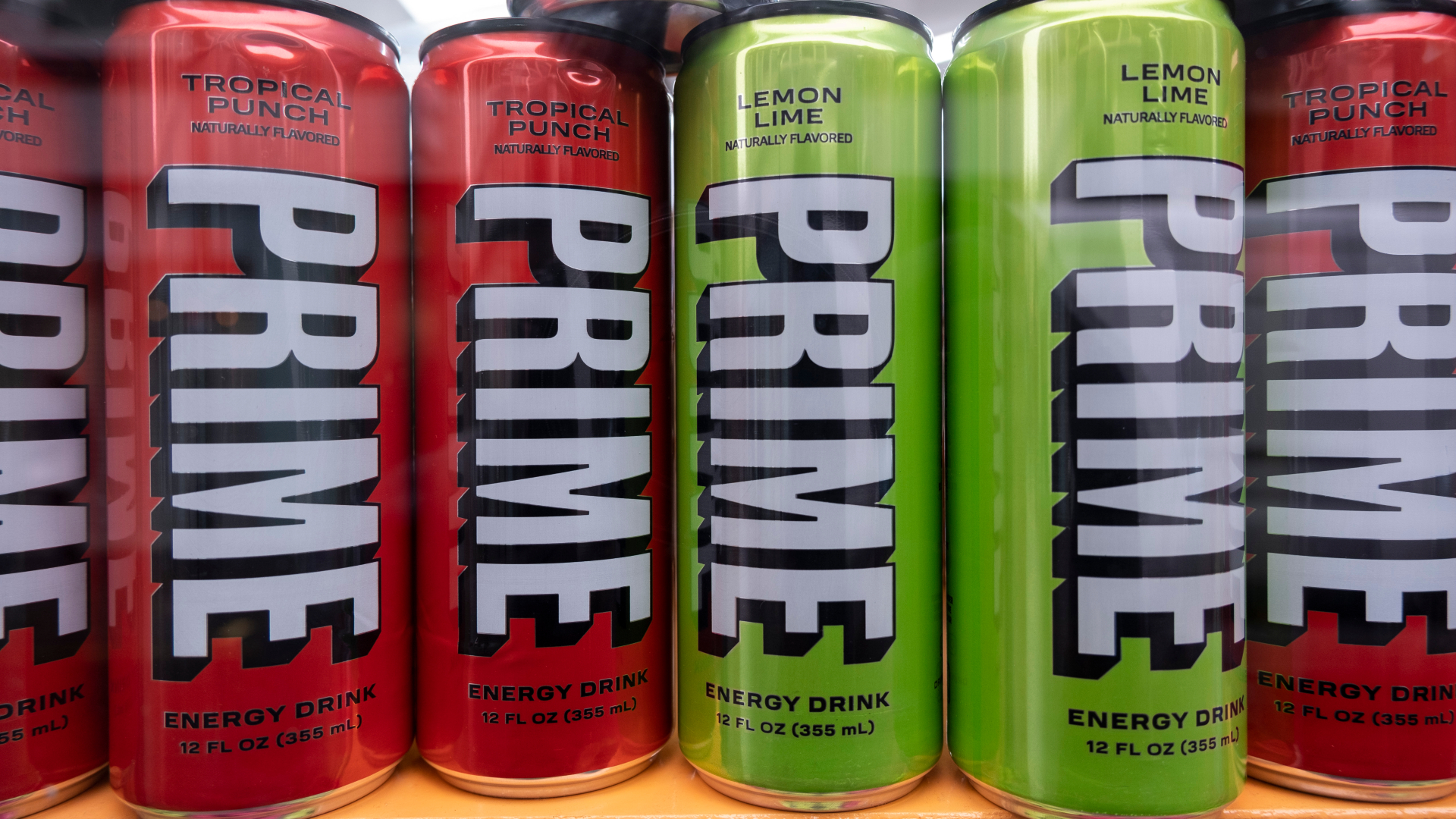The Prime Energy Drink, created by the infamous Logan Paul and KSI, has been popular with many influencers. However, the FDA discovered that the Prime Energy Drink has a high caffeine content, resulting in an ongoing investigation.

Prime Energy Drink. (Photo: Complex)
What is the Prime Energy Drink?
The infamous Logan Paul and KSI have co-created the Prime Energy Drink. The Prime Energy Drink is a thirst-quencher drink with flavors that will refresh buyers and reenergize them.
According to Prime Hydration, Prime Energy Drink was released in 2022 and since then, they have collaborated with other influencers to expand their market.
“We’ve been humbled by the process of creating a real brand & surpassing some of the biggest beverage companies in the world. As underdogs, we always cherish the opportunity to show the world what’s possible,” said Logan Paul and KSI in a statement, according to the website.

Logan Paul and KSI. (Photo: Tubefilter.com)
Read More: Extending The Federal Corporate Tax Rate For Major Companies – GOP Moves To Maintain Tax Cut
Prime Energy Drink Will Be Investigated Due To Its High Caffeine Content
Sen. Charles Schumer and Food and Drugs Administration or FDA will investigate the brand Prime Energy Drink for allegedly containing a high caffeine content. According to Essentially Sports, Schumer accused Prime Energy Drink of containing high caffeine, nearly twice as much as Red Bull.
Schumer also expressed worries to children who are purchasing Prime Energy Drink.
“One of the summer’s hottest status symbols for kids is not an outfit, or a toy—it’s a beverage. But buyer and parents beware because it’s a serious health concern for the kids it so feverishly targets,” said Schumer, as quoted by NBC News.
With the issue of having a high caffeine content, the Prime Energy Drink was banned from schools in the UK and Australia. Meanwhile, Prime Hydration already released a statement saying that the Prime Energy Drink is clearly labeled “not recommended for children under 18.”
Prime Hydration also stated that they do not sell any drink that has caffeine.
Also read: Farm Bill 2023: SNAP Recipients Would Struggle To Meet New Requirements, Advocates Say























